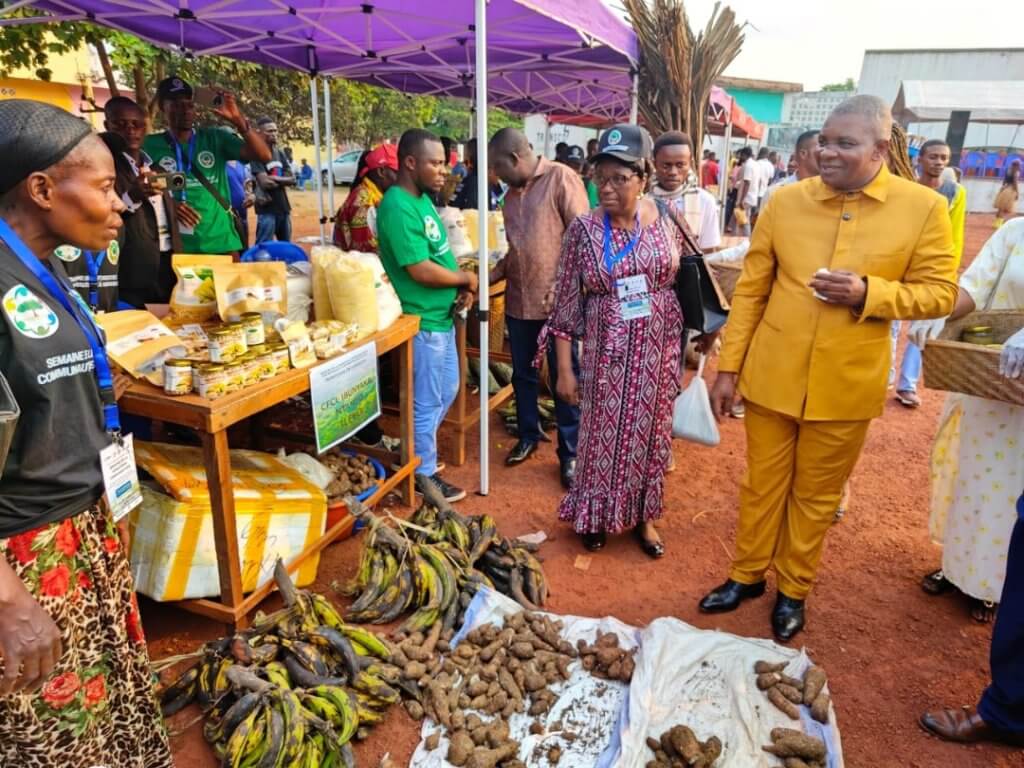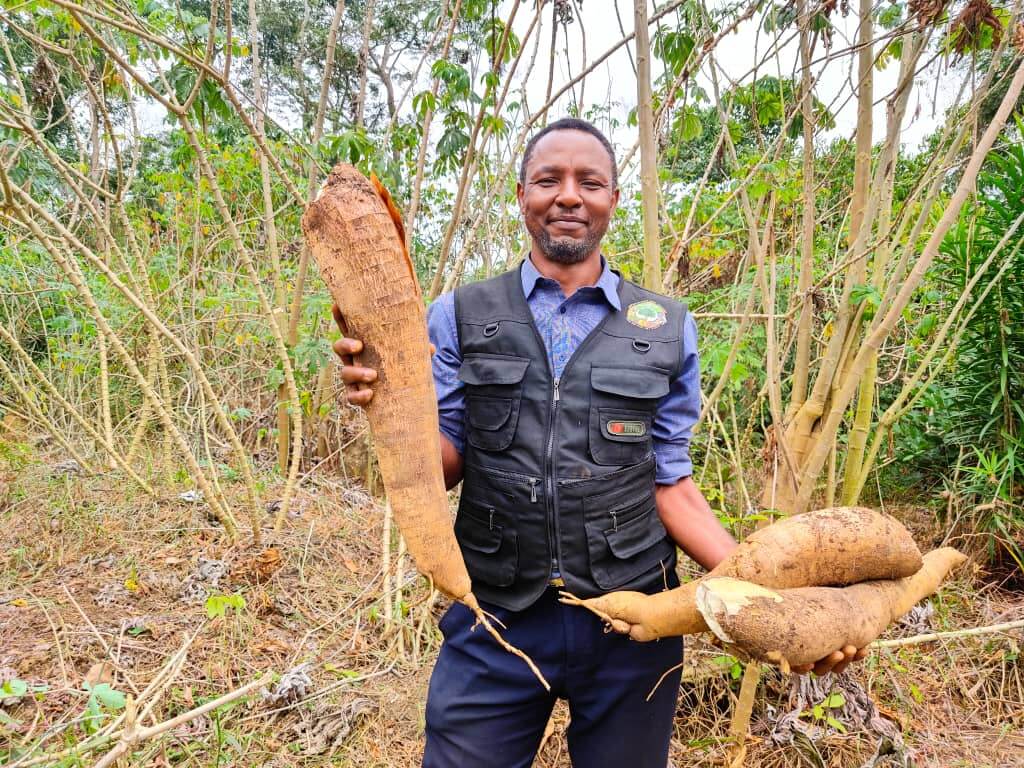Reflecting on the National Community Forestry Week in Mbandaka
21 October 2025
Community Forestry is increasingly recognised as a key driver of sustainable development in the Democratic Republic of Congo (DRC). It provides local communities and Indigenous Peoples with secure land tenure, enabling them to invest in their futures and build autonomous, forest-friendly rural economies through responsible investment.
From 18–22 August 2025, community forest representatives, supporting NGOs, private sector actors and government officials gathered in Mbandaka, the capital of Equateur Province, for a week-long series of events aimed at consolidating progress and forging new commercial alliances.
Provincial Roundtable Highlights Policy and Practice
The week began with a Provincial Multi-Stakeholder Roundtable on Community Forestry, offering a platform for sharing experiences and best practices related to the allocation, management, and exploitation of Local Community Forest Concessions (CFCLs).
Key discussions focused on:
- Identifying challenges within political, legal and institutional frameworks;
- Proposing improvements aligned with sectoral reforms;
- Promoting good practices and strengthening local and provincial capacities to process CFCL applications, implement Simple Management Plans (PSGs) and monitor progress.
Community Forest Fair Celebrates Community Enterprise
The second half of the week featured the Agroforestry Products Fair, which showcased products from CFCLs in Equateur and beyond. The fair aimed to:
- Promote agroforestry products and community enterprises;
- Facilitate experience-sharing across provinces, neighbouring countries, communities, businesses and consumers;
- Encourage sustainable and profitable partnerships between local organisations and the private sector;
- Strengthen connections among producer organisations and cooperatives from Equateur and other provinces.

A highlight of the week was the presentation of a pilot initiative under the Forests for the Future project. This model promotes community entrepreneurship through sustainable agriculture and non-timber forest products. CFCLs are supported to become viable community enterprises capable of producing high-quality goods and forming durable partnerships with private sector actors.
Producers are organised around specific value chains via Mutual Solidarity Groups (MUSOs), with aim to form cooperatives in the medium term, collaborating across production, processing, and marketing. This model has already boosted CFCL economies and contributed to local development, as demonstrated during the first edition of the fair in February 2024.
Reflecting on the week, Georges Thierry Handja, RFUK’s Chief of Party for Community Forests, said:
“We have come a long way and are really starting to feel the momentum for community forestry. It’s about social and environmental justice, but now we are also making the economic case. In the run-up to COP30, we will be promoting community forests as a key part of the government’s agenda.”

The Community Forestry Week was co-organised with the Ministry of Environment and Sustainable Development (MEDD) through the Directorate of Forest Management (DGF) and the Community Forestry Division (DFC), in collaboration with GASHE, CAGDFT, and with support from technical and financial partners including Rainforest Foundation Norway (RFN), and the Tenure Facility (TF).
Share this:

